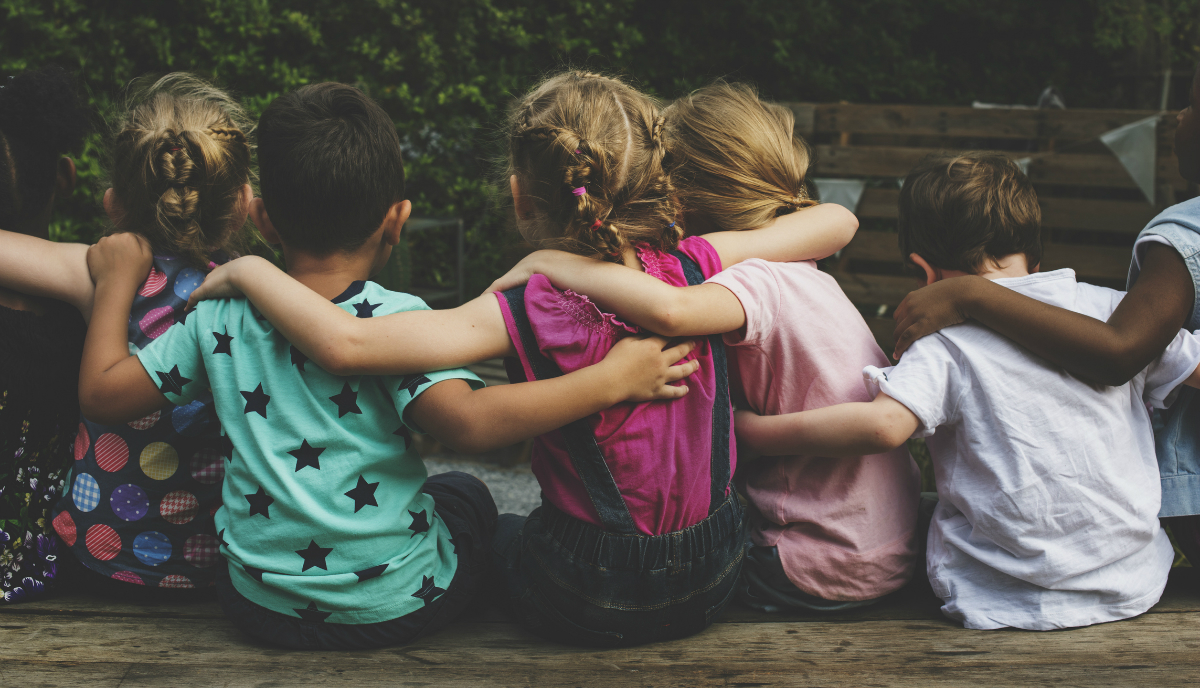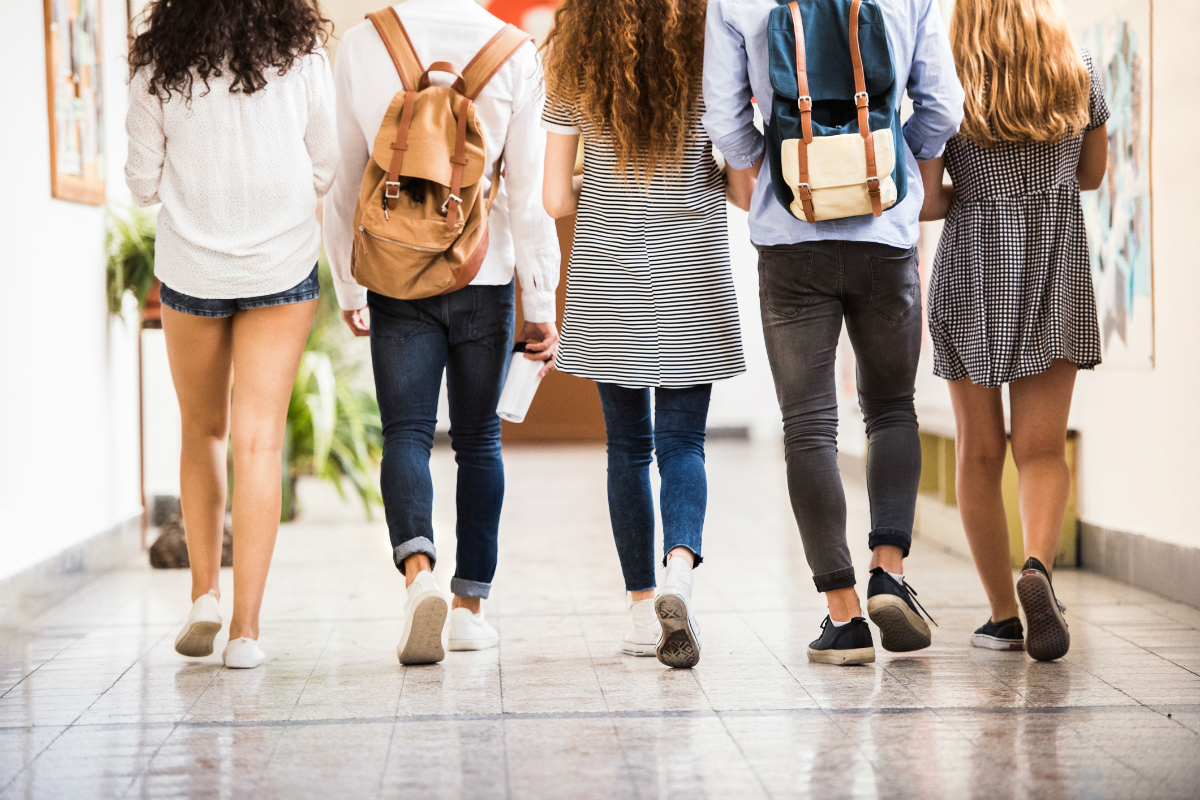On Monday, June 11, 2018, Gov. Jerry Brown officially declared the month of June as LGBT Pride Month in California, a month already recognized across the country as a time to honor the lesbian, gay, bisexual and transgender community. Set in June to commemorate the 1969 Stonewall riots, considered a “tipping point” for the LGBT rights movement, “Pride” is a time to reflect on LGBT history and look towards the future. While celebrating the gains in social and legal acceptance since 1969, it is also important to acknowledge that this community’s journey to equality is far from finished.
Many LGBT students face hostile school climates across the country. In a 2015 nationwide survey conducted by GLSEN, 55 percent of LGBT students reported that they had felt “unsafe” in schools in the past year because of their sexual orientation. A 2017 study found that that 75 percent of transgender students felt anxious or afraid to go to class. A 2017 report that conducted a meta-analysis of 20 years of data on school bullying found that LGBT youth are two to three times more likely than their peers to be physically assaulted or threatened in schools. An unwelcoming school climate leads many LGBT students to miss school, earn lower grades than their peers and experience mental health issues.
Last November, California became the first state to adopt ten social studies textbooks for grades K-8 containing information about the contributions of LGBT individuals. High school materials will be considered for adoption this year. These newly approved textbooks are the next step in the implementation of Senate Bill 48, also known as the Fair, Accurate, Inclusive, and Respectful Education Act (FAIR Education Act), a law which took effect in 2012. Under the FAIR Education Act, California K-12 history and social studies curriculum must include “a study of the role and contributions of both men and women, Native Americans, African Americans, Mexican Americans, Asian Americans, Pacific Islanders, European Americans, lesbian, gay, bisexual, and transgender Americans, persons with disabilities, and members of other ethnic and cultural groups, to the economic, political, and social development of California and the United States of America, with particular emphasis on portraying the role of these groups in contemporary society.”
In an interview with Time magazine, Don Romesburg, a professor who consulted on the curriculum and a member of the FAIR Education Implementation Coalition, said, “For kids to understand that lesbian, gay, bisexual and transgender people are part of our collective community, past and present, is a way for everyone to understand they belong.”
Currently making its way through the Legislature is Assembly Bill 2153 (Thurmond, D-Richmond), which will require all public schools to annually provide in-service training to teachers on the availability of resources to support LGBT students who might be questioning their status. Current state law already requires the California Department of Education to assess if districts have provided information to school staff on community resources for LGBTQ students as part of its compliance monitoring. This bill formally requires training on those resources at least once a year.
California may be considered to be one of the most LGBT-friendly states in the nation, but that does not mean LGBT students do not experience discrimination within our state. Regardless of personal beliefs, board members are required to ensure that all students in their districts feel welcomed and safe at their school sites. CSBA has gathered a list of resources to assist trustees in their advocacy efforts:
CSBA Resources:
- Updated Legal Guidance: Protecting Transgender and Gender Nonconforming Students Against Discrimination (March 2017)
- CSBA Governance and Policy Resources — Bullying
Other Resources:
- California Safe Schools Coalition — This broad coalition has published a variety of research briefs that focus on school safety issues for LGBT students.
- Gay Lesbian & Straight Education Network (GLSEN) — From research reports to professional development and lesson plans, GLSEN offers an array of resources centered around LGBT issues in K-12 education.
- Library: LGBT Youth & Schools Resources and Links — American Civil Liberties Union (ACLU)
- Best Practices: Creating an LGBT-inclusive School Climate – Teaching Tolerance: A Project of the Southern Poverty Law Center





